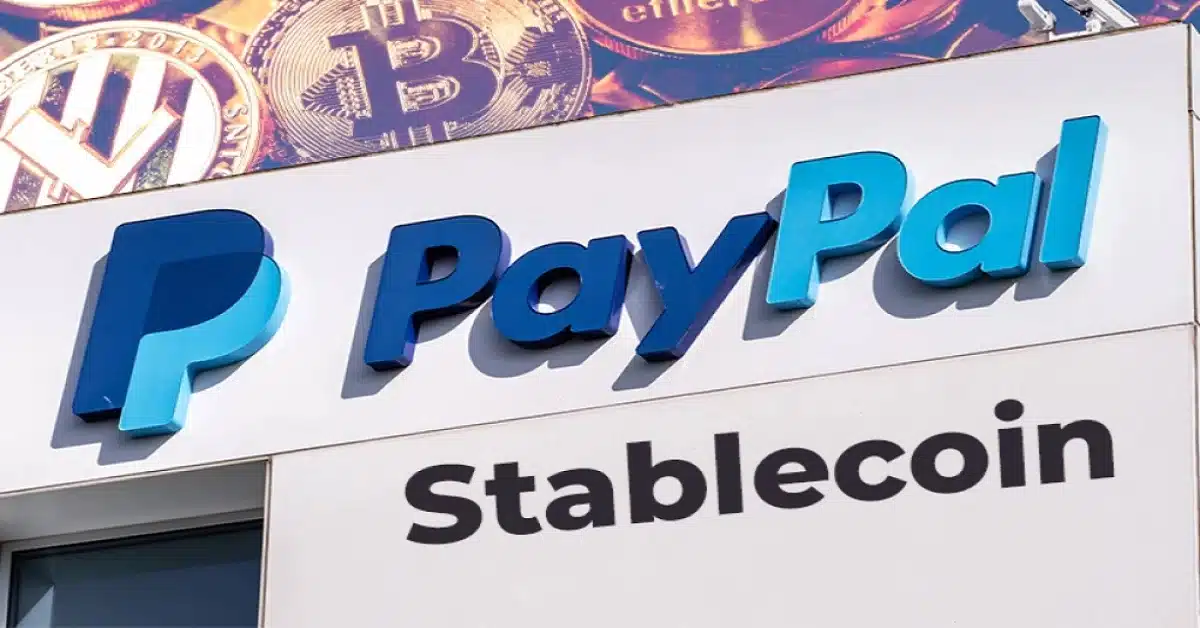Bank of America (BAC) in a recent report said that the new PayPal stablecoin might not get significant adoption in the near future. Even though the launch of PayPal USD (PYUSD) will increase efficiency in payments and also improve user experience, its adoption might take a slow process, BAC said.
Market analysts Alkesh Shah and Andrew Moss analyzed the potential of PYUSD adoption over the long term, stating that it is expected to see increased adoption of the stablecoin as competition from CBDC intensifies.
“Over the longer term, we expect PYUSD to experience additional adoption headwinds as competition from central bank digital currencies (CBDCs) and yield-bearing stablecoins increase,” they wrote.
Stablecoin is a type of cryptocurrency that has its value pegged to a fiat currency such as the U.S. dollar or the British pound. A very good example of stablecoins is the Tether USDT and poundtoken GBPT (pegged to the Great British Pound Sterling). Stablecoins help to mitigate volatility and further reduce loss.
Related Reading: SEC to File an Interlocutory Appeal Regarding XRP Ruling in Ripple Case
PayPal launches dollar-pegged stablecoin
Earlier this week, PayPal announced that it will be entering the crypto market with its new stablecoin PYUSD which has its value backed by the United States dollar. The token is built on the Ethereum network and it will first be available on PayPal.
Subsequently, the exciting stablecoin will be made available on Venmo – a popular P2P service still owned by PayPal. In addition, users will be able to the stablecoin for dollars at any time.
Even though there are several stablecoins available in the market, investors are not really interested in the exact one they hold, so far they are available on popular exchanges and are “safe,” then anyone goes.
Although Bank of America claims that the stablecoin’s issuance “does not alter systemic risk for traditional markets,” it might encounter regulatory obstacles if non-banks are ultimately prohibited from issuing stablecoins. Ultimately, Bank of America said it does not anticipate the introduction of PYUSD to result in “accelerated regulatory clarity,” and does not expect a widespread adoption in the short term.
